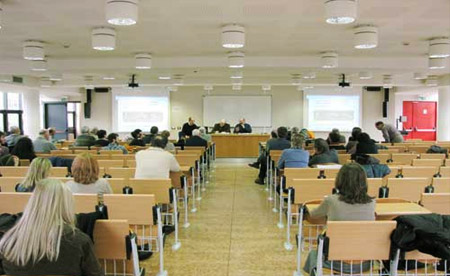- Dipartimento
- Ricerca

La ricerca in breve
Attività di ricerca
Finanziamenti per la ricerca
- Didattica

Corsi di Studio
Dottorati di ricerca e formazione superiore
Servizi per la didattica
- Territorio e Società

Informazioni per il territorio
Servizi per il territorio
Riferimenti
- Persone
- contatti
-





